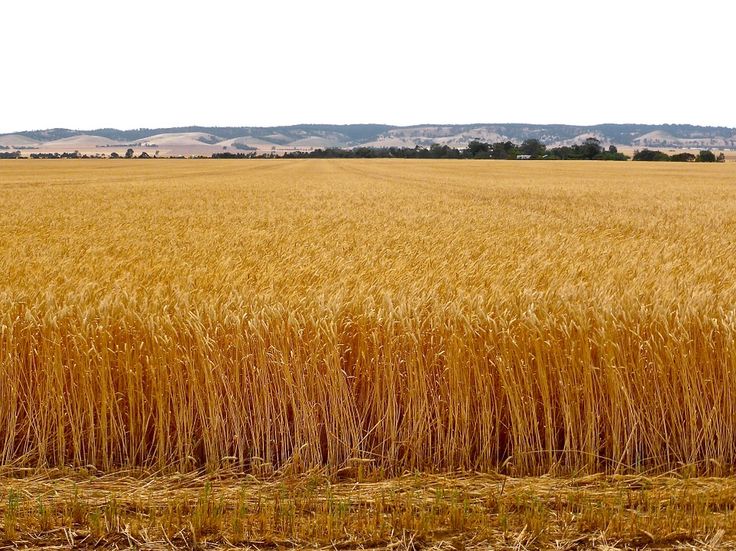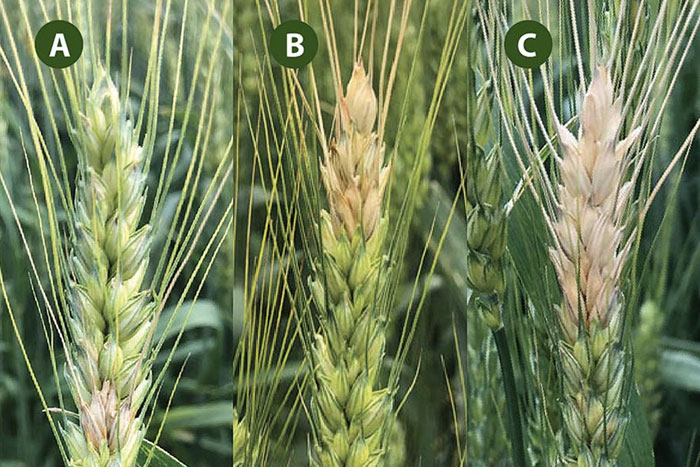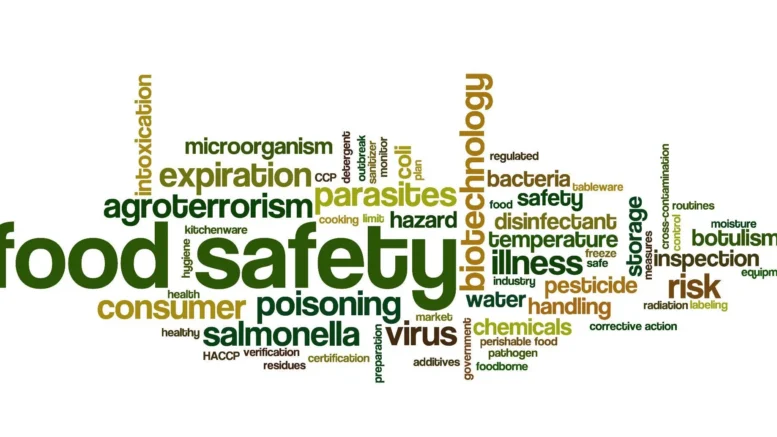Imagine a future where the food on your table might be compromised—not by natural disasters, but by deliberate, covert actions on American soil. As foreign farmland ownership in the U.S. grows, concerns about potential crop contamination are rising, posing risks to food security and national interests. With foreign entities, particularly from adversarial nations, acquiring significant agricultural land, the possibility of agroterrorism through covert contamination demands attention. Although U.S. Corporations and citizens own the majority of American crops, that doesn’t mean they are not vulnerable to agroterrorism. Let’s investigate this pressing issue and explore why it matters.
The Scale of Foreign Farmland Ownership
Foreign ownership of U.S. agricultural land has surged, reaching 43.4 million acres in 2022, a sharp increase from 24.2 million acres in 2010, according to the U.S. Department of Agriculture (USDA). While this represents just 3.4% of U.S. agricultural land, the growth—particularly by Chinese entities—raises eyebrows. China owns approximately 350,000 acres, a small but significant slice, often near sensitive military sites
Why does this matter?
Foreign farmland ownership can influence food production and supply chains, potentially giving foreign entities leverage over a critical resource. The USDA’s Agricultural Foreign Investment Disclosure Act (AFIDA) tracks these transactions, but gaps in data collection limit oversight, leaving room for undetected risks per the Government Accounting Office.

The Threat of Covert Crop Contamination
Now, picture this: a foreign-owned farm introduces a harmful pathogen, like Fusarium graminearum, into U.S. crops. This fungus, recently smuggled by two Chinese nationals into the U.S. for unauthorized research, can decimate wheat and barley, causing massive financial loss, not to mention health risks from mycotoxins, British Broadcasting Network. Such incidents highlight the potential for covert crop contamination on foreign-owned land.
Agroterrorism—deliberate attacks on agriculture—could disrupt food security, spike prices, and destabilize rural economies. Foreign entities with access to U.S. farmland could, in theory, introduce pathogens or pests, undetected, to weaken agricultural output, throughout the U.S. The proximity of some Chinese-owned land to military bases fuels fears of strategic motives, including espionage or sabotage.
Why Should You Care?
The implications of foreign farmland ownership extends beyond economics. If crops are contaminated, the ripple effects could hit your grocery bills, food availability, and even national security. The U.S. produces more than enough food per capita, but targeted contamination could disrupt exports and local supply chains, as seen during past supply chain issues.
Moreover, lax oversight under AFIDA means some transactions go unreported, creating blind spots. The USDA’s paper-based reporting system is outdated, and penalties for non-compliance are rarely enforced. This vulnerability could allow bad actors to exploit foreign farmland ownership for covert contamination, threatening both agriculture and public health.

Legislative Push and Public Concerns
Lawmakers are taking notice. Over 24 states have enacted restrictions on foreign farmland ownership, with some targeting nations like China, Russia, and Iran. The 2024 Farm Bill proposes tighter regulations, and bipartisan bills aim to enhance USDA’s role in the Committee on Foreign Investment in the United States (CFIUS) to scrutinize land deals near military sites.
Public sentiment on social media shows growing alarm. Posts warn of “agroterrorism” linked to Chinese land ownership, citing risks like espionage and control over food resources. While these concerns may amplify fears, they underscore the need for vigilance.
What Can Be Done?
Addressing the risks of foreign farmland ownership requires action. First, modernize AFIDA with a real-time, online database to track transactions effectively. Second, strengthen CFIUS reviews to include agricultural land near critical infrastructure. Finally, encourage sustainable farming practices, like those supported by tools from Farmonaut, to monitor crop health and detect contamination early.
Take Action Now
The rise in foreign farmland ownership isn’t just a statistic—it’s a wake-up call. Covert crop contamination could disrupt the food you rely on, threatening your families health, your wallet and national security. Stay informed, support stronger regulations, and demand transparency. The future of America’s heartland depends on it.






